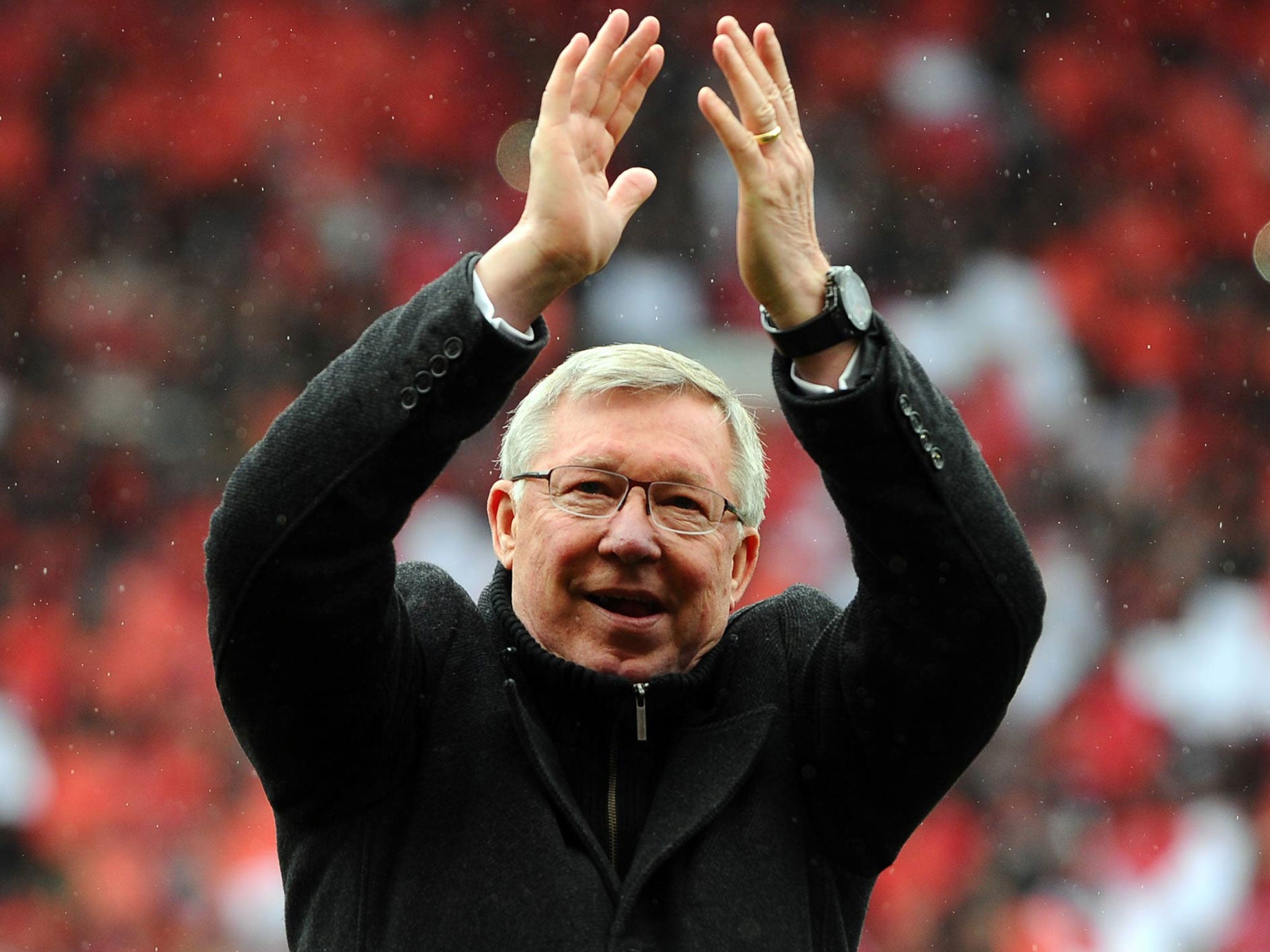Matt Butler: Looking for some Sir Alex Ferguson perspective... try Gaelic channel
View From The Sofa: Gothenburg ’83, BBC Alba

There’s no doubting James Brown’s skill in spotting a decent groove. But he was a notorious tyrant in the way he treated his band members, fining them for missing a single beat and refusing to speak to insubordinates for days on end. Similarly, Steve Jobs, the late Apple founder, was described by colleagues as an obsessive bully with an explosive temper set on a hair trigger.
In fact, many leaders in their fields are the kind of people others struggle to say something nice about. The conclusion could easily be reached that being a complete bastard is a required trait if you want to reach your peak. You can see where this is going, can’t you? Especially as last week was the one when Sir Alex Ferguson called time on his trophy-laden, 26-year reign at Manchester United. But the tone of the hagiographies that were hastily cobbled together was such you could have been forgiven for thinking he had shuffled off this mortal coil, rather than qualified for a carriage clock.
Sky Sports was quick off the mark on Wednesday night, kicking off with the simply named Sir Alex Ferguson Special, featuring Graeme Souness, Gary Neville and Glenn Hoddle. This was followed with Football’s Greatest Manager then three full games from the archives featuring United. Needless to say, scarcely a bad word was said about the old man from Govan all night.
It took BBC Alba, the Gaelic-language Scottish channel, to provide a better-rounded view of the United manager, in Gothenburg ’83 a documentary that had nothing to do with his retirement, but happened to be broadcast in the week he hung up his hairdryer.
It told the story – in English, apart from presenter Ailig O’Henley’s voiceovers – through players, fans and the manager himself, of Ferguson’s first European success, with Aberdeen, whom he led to a shock win over Real Madrid in the 1983 Cup-Winners’ Cup final in Gothenburg, Sweden.
Willie Miller (pictured), a central defender in that side, set the tone early in the programme when he said, with a half-smile: “He was quite abrasive in the way he went about things.” His team-mate, Peter Weir, gave us further insight: “We came into the dressing room at half- time 3-0 down against Dundee United; I have never seen a man go that crazy. It did give you a fright.”
Not that this was a Scottish version of a celebrity managerial roast. Neil Simpson recounted a now familiar tale of Fergie meeting him in the corridor and asking: “How is my favourite midfielder?” It soon transpired, Simpson added, that he used to say the same to Neale Cooper and Gordon Strachan.
The interviews were in depth and gave insight into how Ferguson honed the managerial skills – both on the pitch and off it – that brought him so much success at United. And they were peppered with anecdotes that gave us a far clearer picture of the man and his methods than any of the “retirement specials” managed.
Take Eric Black’s tale of younger members of the Aberdeen team being ordered to babysit Ferguson’s children on Saturday nights straight after a match: “After having played, I was quickly told, ‘You’re babysitting tonight’. I had to quickly phone my girlfriend and tell her I couldn’t go out tonight because I was looking after the manager’s kids.” Neville never had a story like that.
Ferguson at times seemed almost as surprised as anybody to have brought what he called a “provincial club” such success. “This doesn’t happen to a club like Aberdeen,” he said. It was a nice moment of humility. This was a programme that portrayed him as something more than all the soft-focus “football managerial god” reminiscences. It showed him as human.
Join our commenting forum
Join thought-provoking conversations, follow other Independent readers and see their replies
Comments
Bookmark popover
Removed from bookmarks